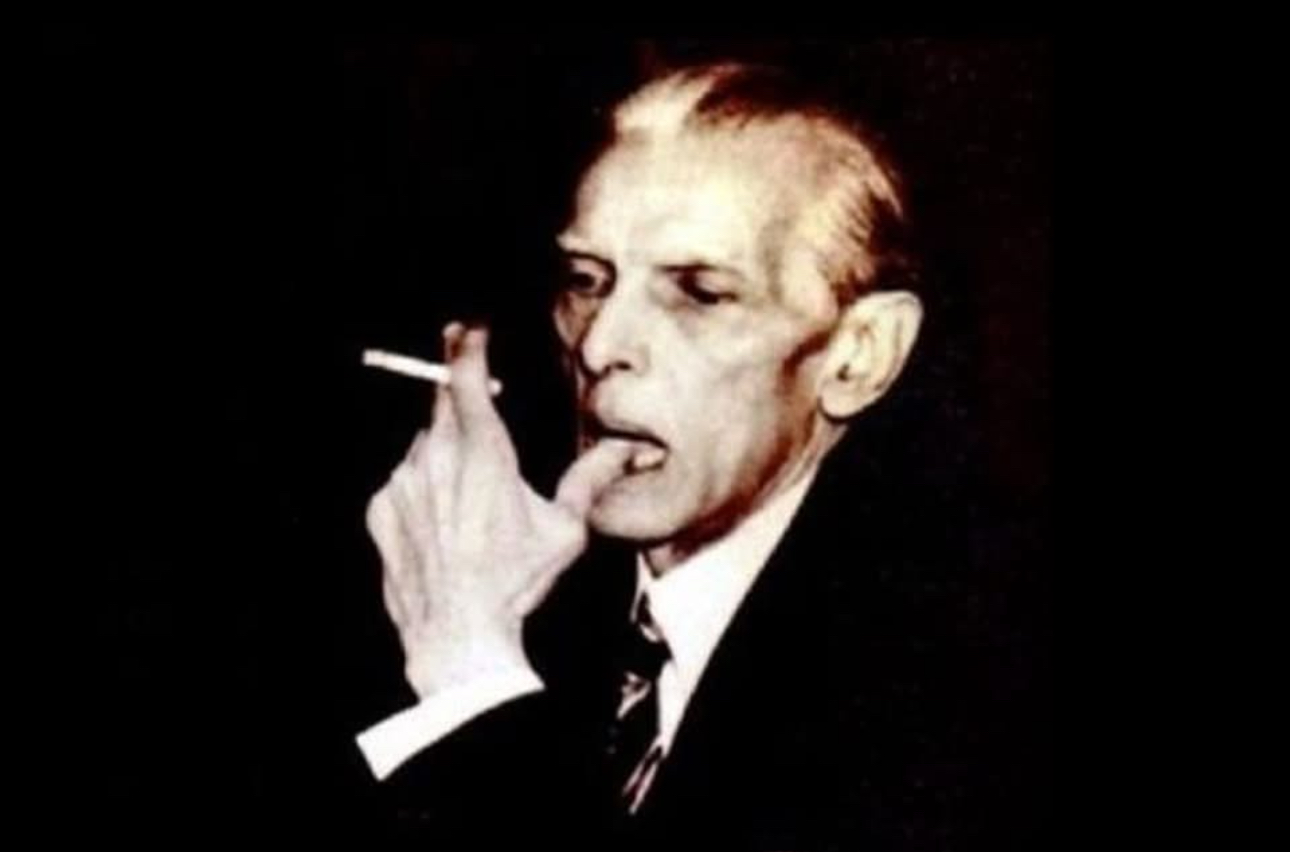Call to remove Quaid’s smoking portraits from public offices
Such images sends misleading message in country struggling to control rising burden of tobacco-related illnesses, says NGO.
M. Irshad Ullah
PESHAWAR: A civil society organization has an issue with the portraits of Father of the Nation showing him holding a cigarette and urged the government to remove all such pictures of him from public offices.
The Provincial Alliance on Sustainable Tobacco Control in a statement emphasized that while Quaid-e-Azam Mohammad Ali Jinnah is revered as the Father of the Nation and a symbol of integrity, discipline, and leadership, the public display of images where he is shown smoking sends a deeply misleading message especially in a country struggling to control the rising burden of tobacco-related illnesses.
Pakistan is a signatory to the Framework Convention on Tobacco Control (FCTC) and has domestic laws including the Prohibition of Smoking and Protection of Non-Smokers Health Ordinance 2002, which explicitly prohibit smoking in public places, government buildings, educational institutions, healthcare facilities, and public transport, it said. Displaying such images in government offices contradicts the spirit of these laws and undermines ongoing national and provincial efforts to reduce tobacco use and promote healthier environments.
“The presence of images depicting Quaid-e-Azam smoking in government offices normalizes tobacco use and contradicts both national legislation and public health messages,” said Fayaz Afridi Advocate, member of the alliance. “Section 4 of the 2002 ordinance clearly prohibits smoking in public places and public service vehicles. While photographs do not equate to active smoking, they influence societal attitudes. Public institutions must be role models in upholding and reflecting anti-tobacco norms.”
The alliance requested the government to issue strict compliance orders to all departments, directing the immediate removal or replacement of any such images and ensuring the mandatory display of ‘No Smoking’ signs in all public offices in accordance with the law.
Tobacco control is not just a health issue—it is a moral and social obligation that impacts families, communities, and the economy. Images matter, symbols matter, and public institutions must be the first to show leadership in creating smoke-free environments,” said Qamar Naseem, a civil society activist and advocate for sustainable tobacco control. “We urge the provincial government to take visible and symbolic actions that reinforce compliance with the existing laws and promote healthier behaviors among citizens, especially youth,” he added.


Comments are closed.